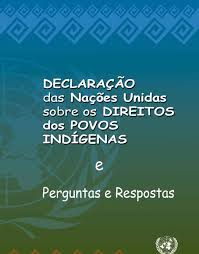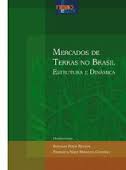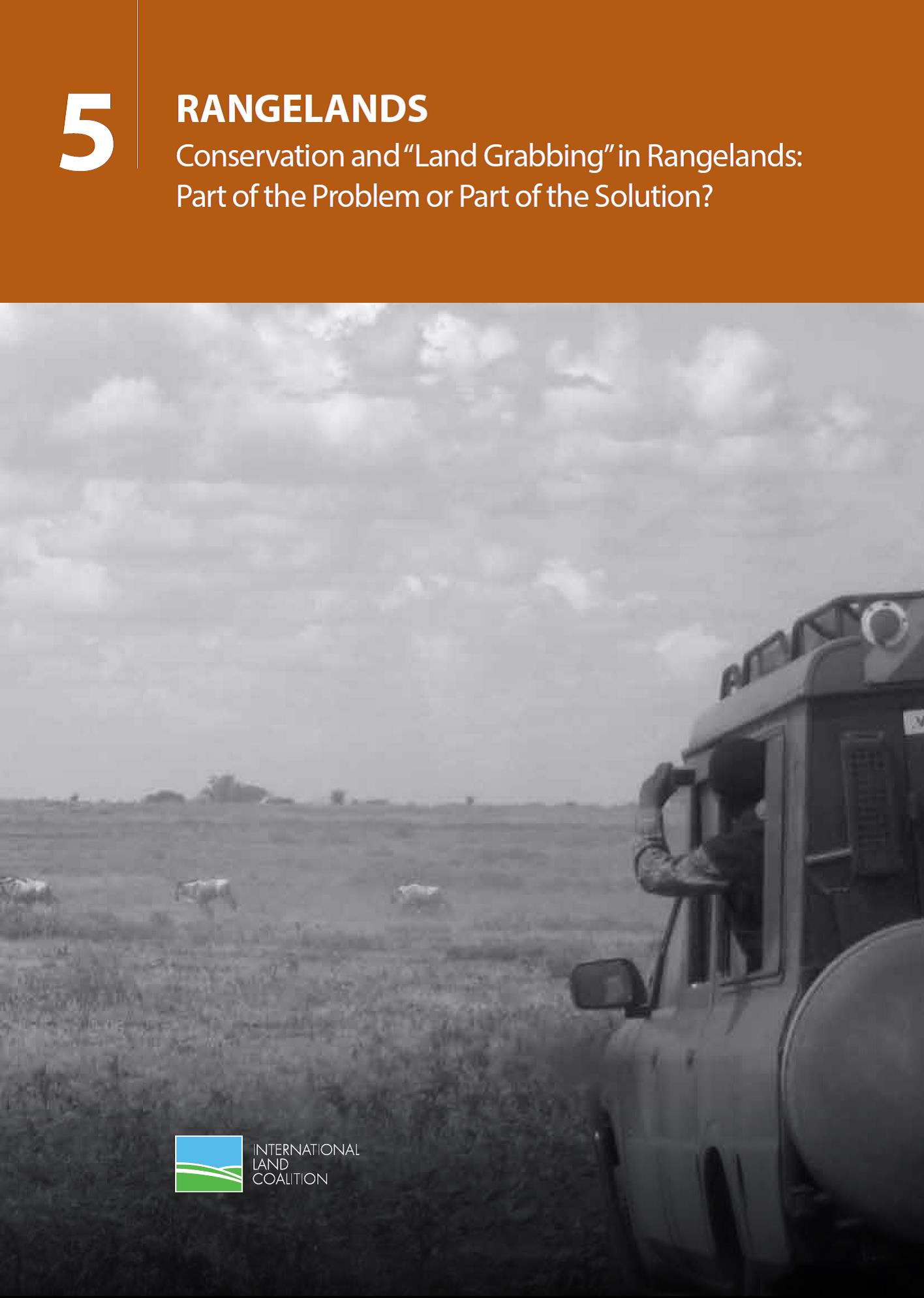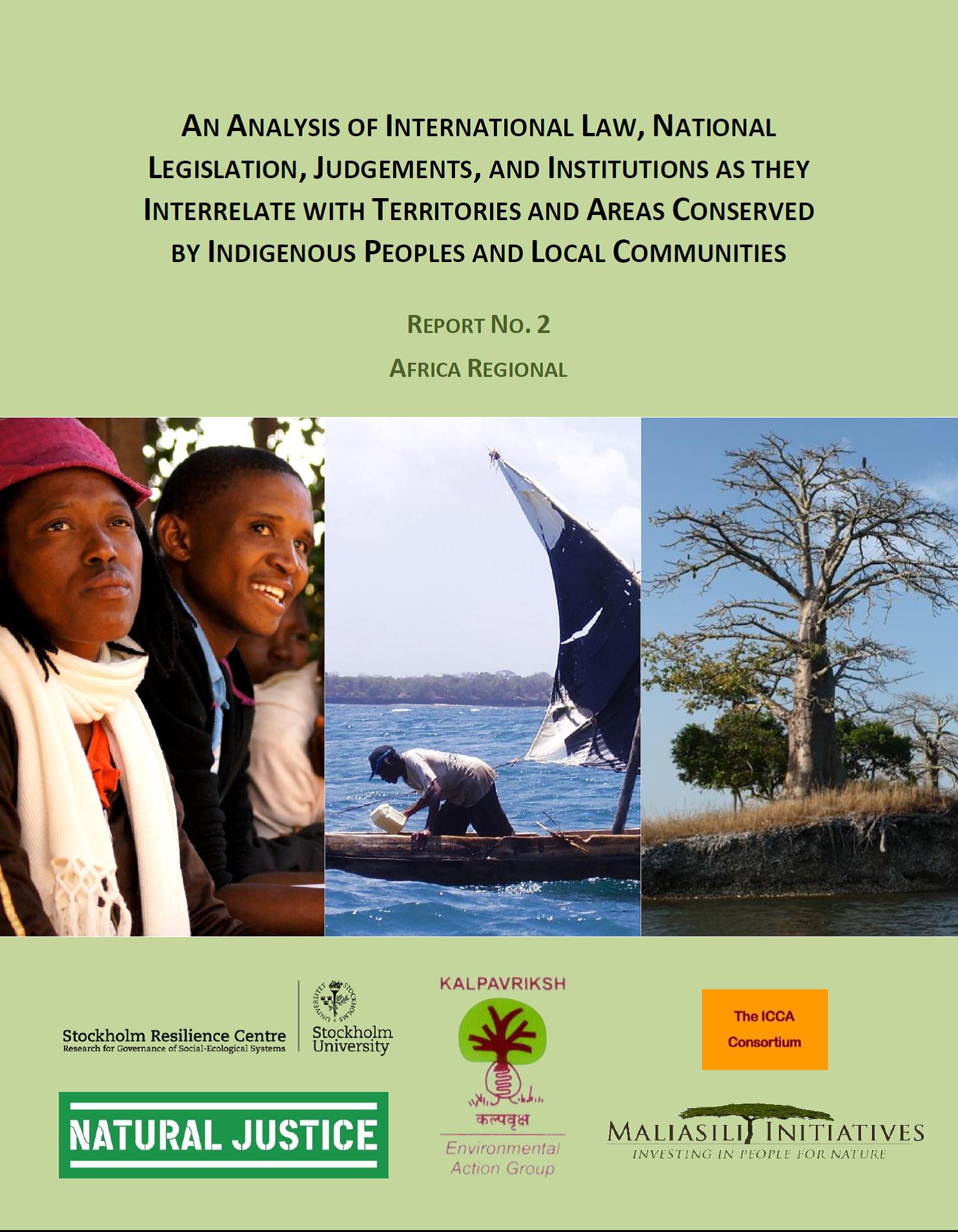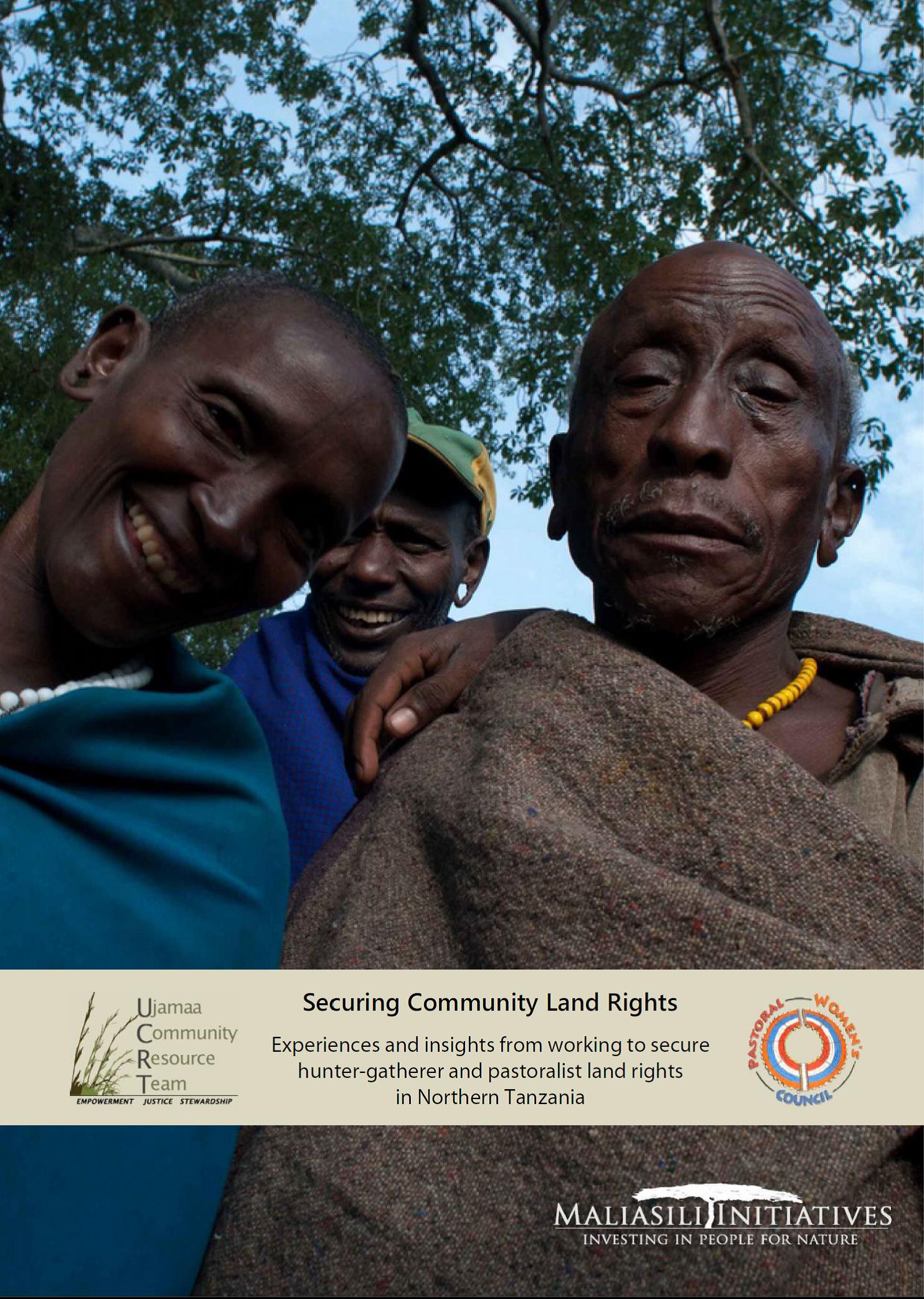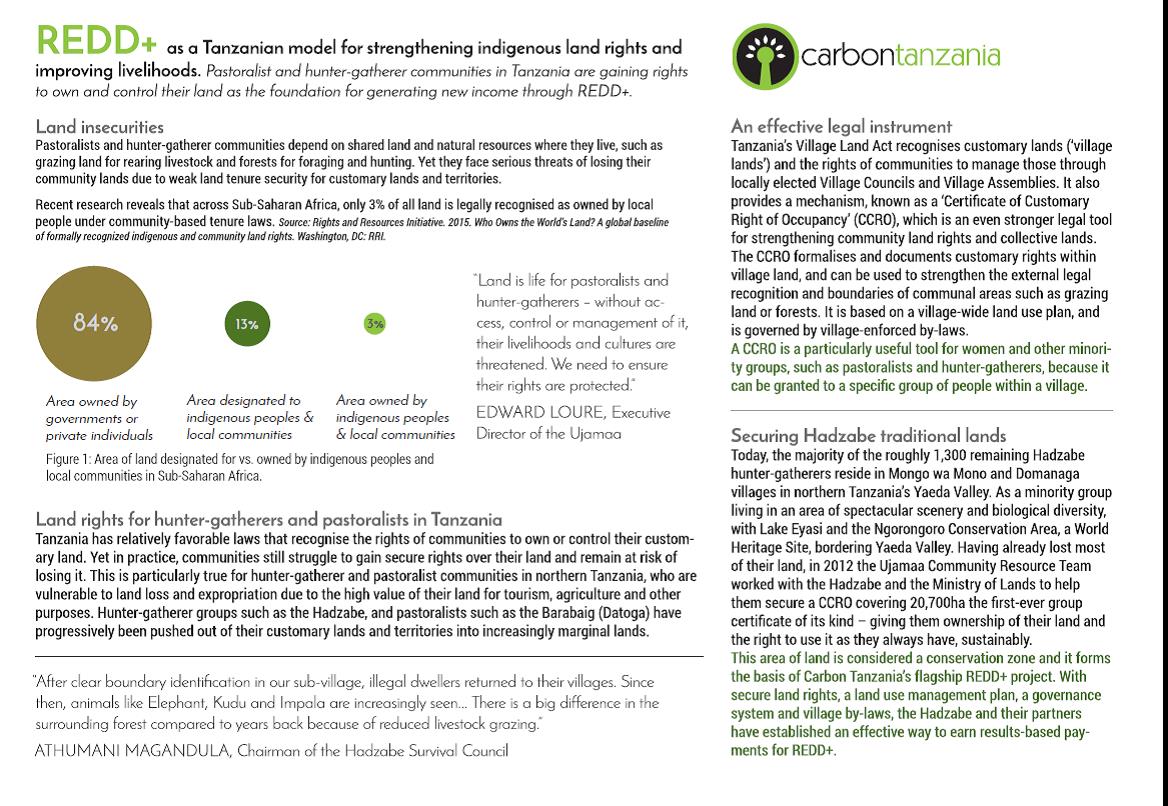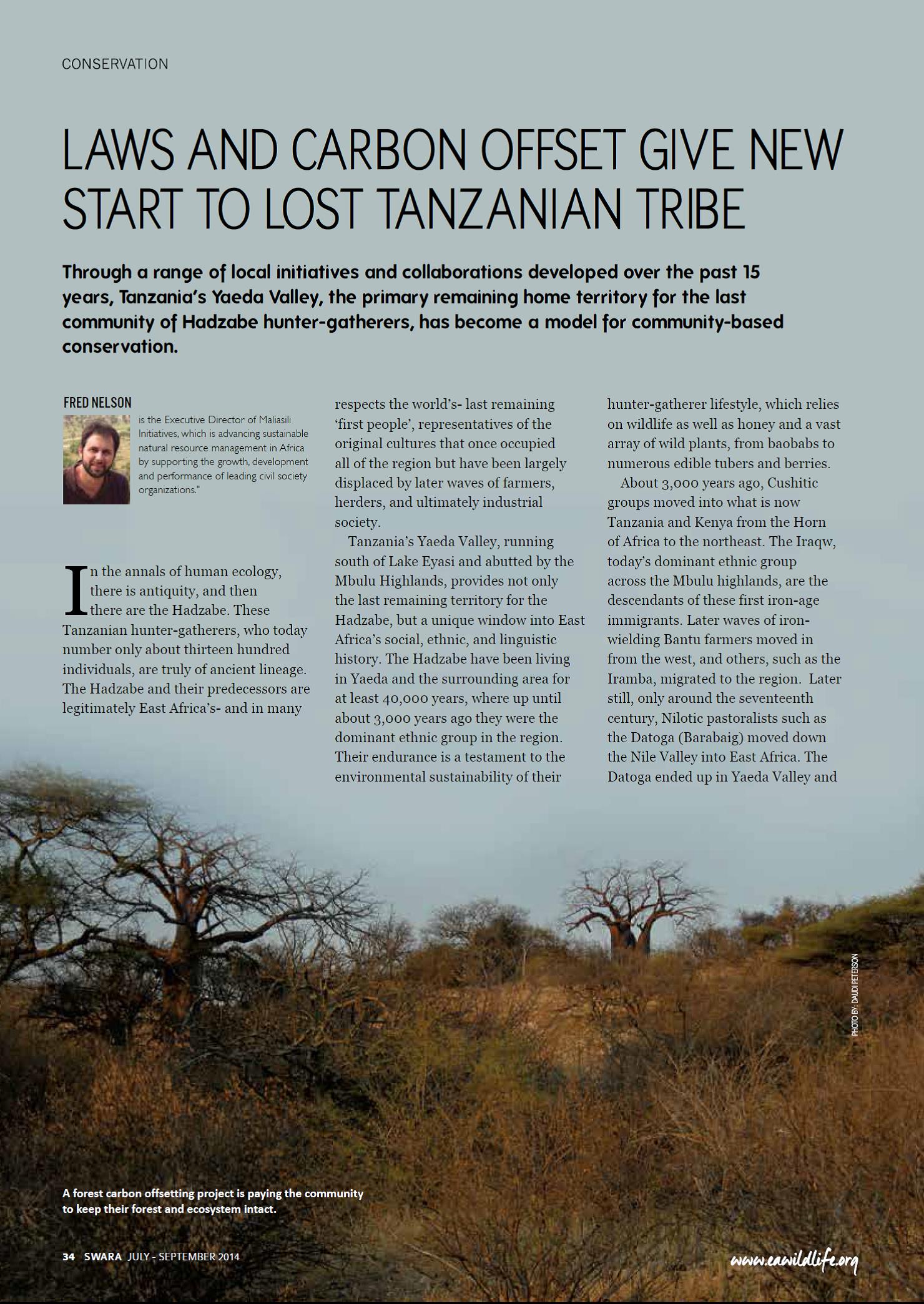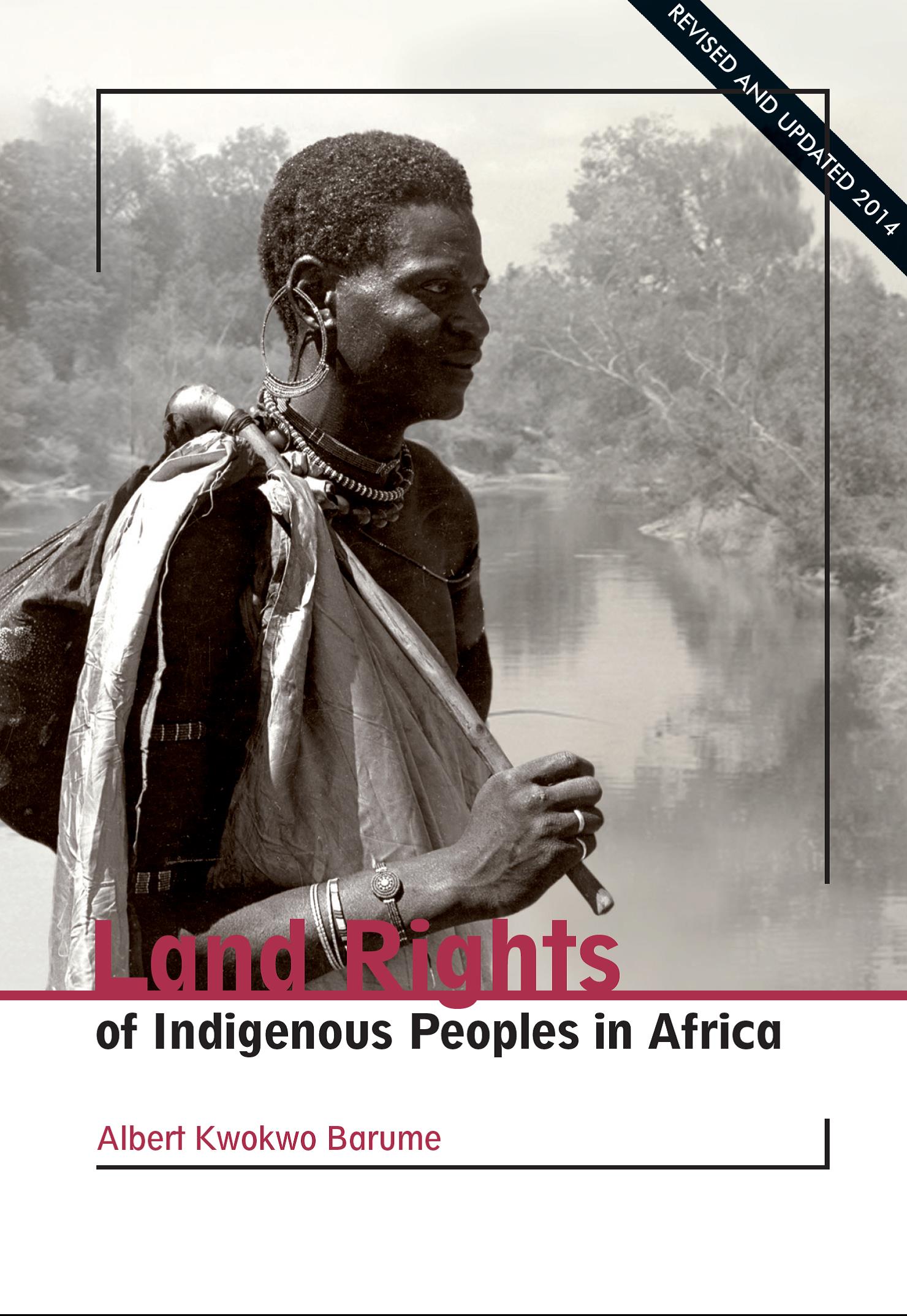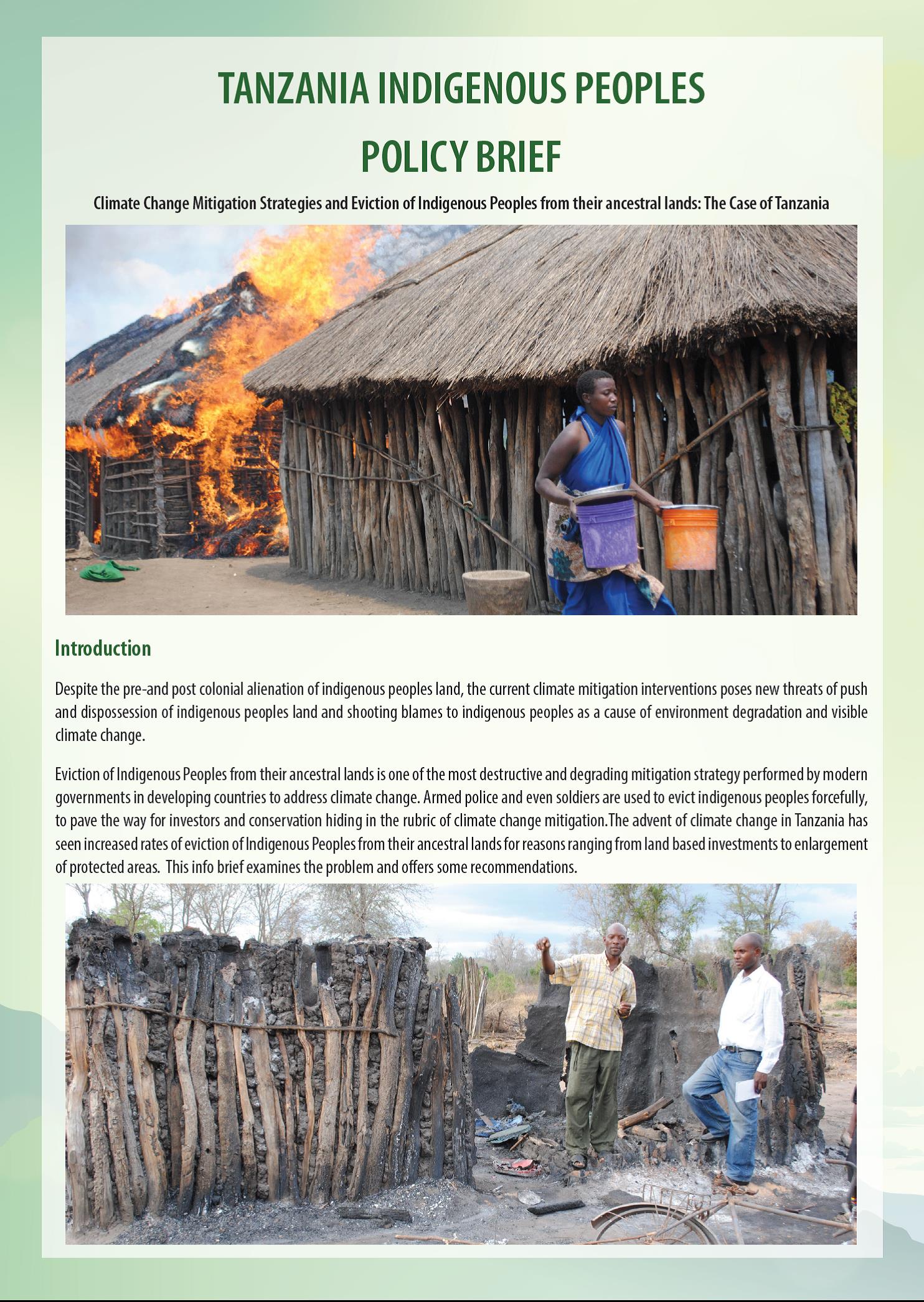Declaração das Nações Unidas sobre os Direitos dos Povos Indígenas
A Assembléia Geral, Tomando nota da recomendação que figura na resolução 1/2 do Conselho dos Direitos Humanos, de 29 de junho de 2006, na qual o Conselho aprovou o texto da Declaração das Nações Unidas sobre os Direitos dos Povos Indígenas, Recordando sua resolução 61/178, de 20 de dezembro de 2006, em que decidiu adiar o exame e a adoção de medidas sobre a Declaração a fim de dispor de mais tempo para seguir realizando consultas a respeito, e decidiu também concluir o exame da Declaração antes de que terminasse o sexagésimo-primeiro período de sessões, Aprova a Declaração das Nações Unidas

